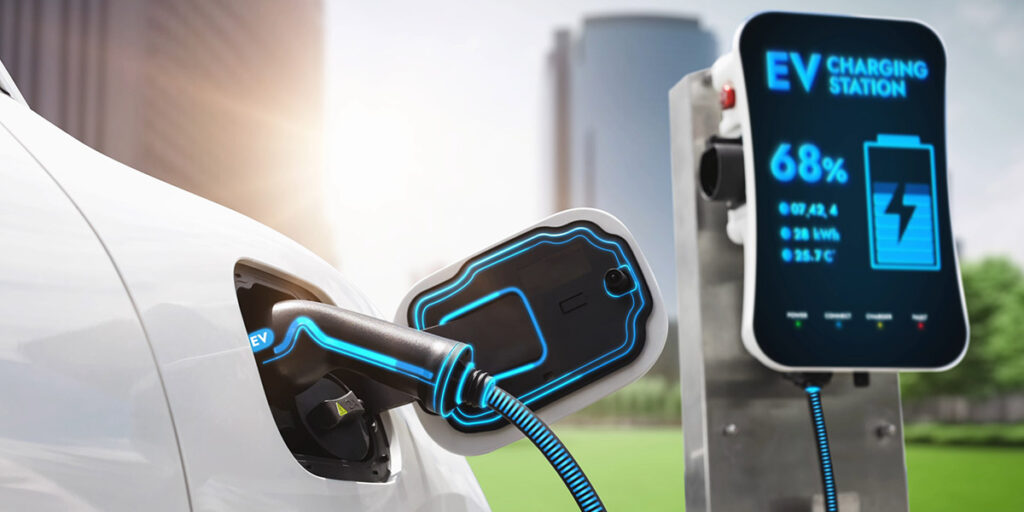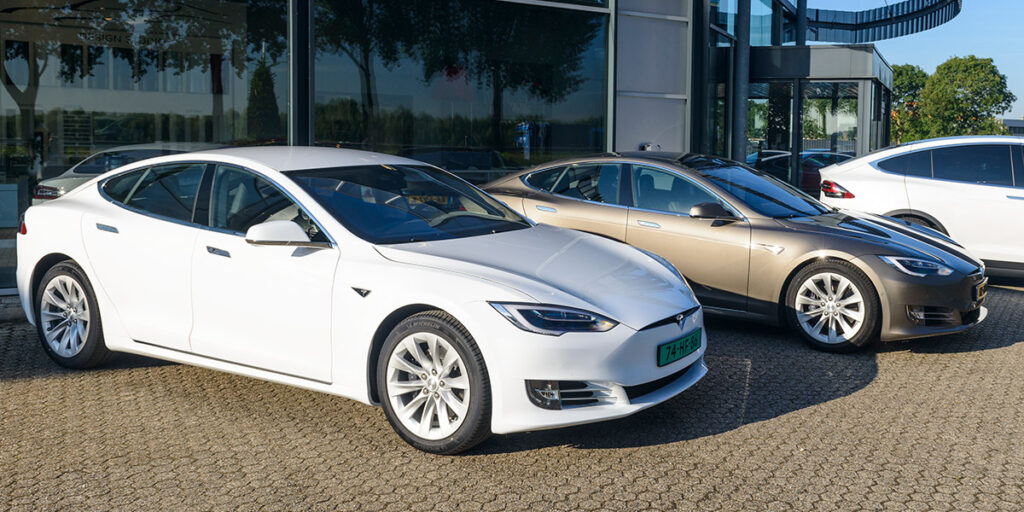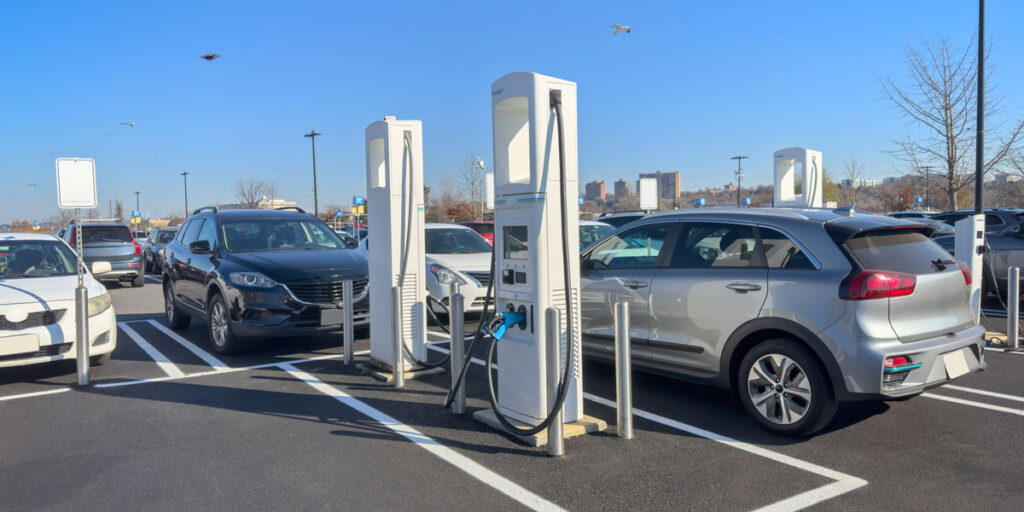As a business committed to championing electric vehicles, we are delighted to share an excellent guide on the sustainability of electric vehicles (EVs), published by Autotrader at the end of June this year, which is available here.
The climate change challenges have become increasingly clear this summer, with Europe sweltering under a ferocious heatwave attributed to global warming. At the same time, the prevailing economic conditions are seeing household budgets hit by soaring food, fuel and energy costs, with inflation at a 40-year high.
We are seeing a cost of living crisis at the same time as encouraging people to switch to an EV, which will inevitably be more expensive than the internal combustion engine car it will replace. Purchase cost must be recognised as a barrier to change, and it is not alone; access to charging points and range anxiety are two other significant concerns.
Encouraging people to switch to an EV is an issue. However, in 2020 AA research identified that half of all drivers were willing to consider switching to an EV. It is happening; June saw the weakest June new car registration level since 1996, according to the SMMT. Against this backdrop, Battery Electric Vehicles (BEVs) continued their growth streak, and their market share continued to grow, reaching 16.1%, up from 10.7% a year before.
The growth in BEVs, in particular, because, unlike hybrid vehicles, they have no exhaust and therefore emit no unwelcome gases, is to be welcomed. Today’s new BEV will be a used car available more affordably in the next 2-4 years typically. With transport accounting for around one-fifth of global carbon dioxide (CO2) emissions, switching can help to address the climate crisis.
Recognising cost and affordability is an issue for some, the overall position is that most people want to do their bit to create a more sustainable world. From Autotrader’s guide, I read that 57% of consumers are willing to change their purchasing habits to help reduce negative environmental impact. Value and ease will continue to be the most significant factors in buying decisions for some time but rounding up the top three will be sustainability. If those who can switch to an EV do so, they will be helping the world today and helping others to do so tomorrow.










